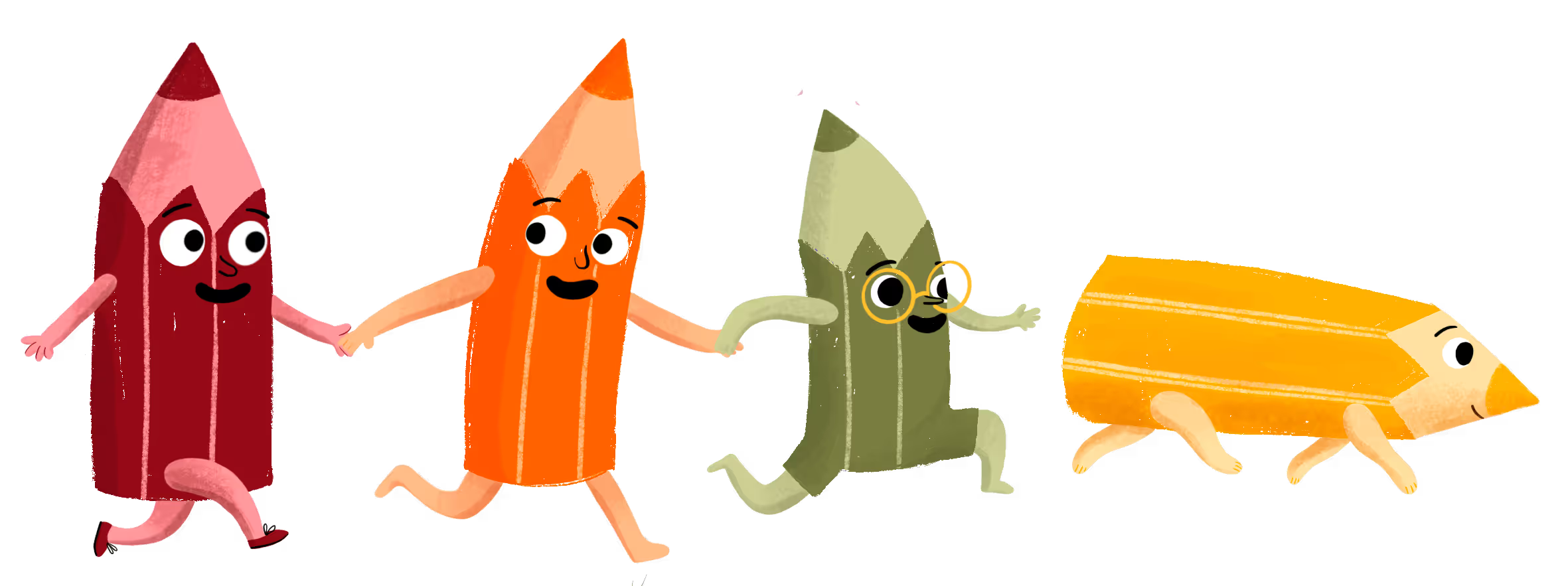Summary
Findings from the EEF Pilot of Tales Toolkit:
- Practitioners saw positive outcomes for children in CLL and PSED, including creativity, storytelling, writing, vocabulary, speech, problem-solving skills, turntaking, and sharing.
- Some practitioners reported especially positive outcomes for children with SEND and EAL.
- Most practitioners were highly motivated to deliver the intervention
- There were notable changes in practice in supporting children’s language, quality interactions, collaborative play, storytelling, and child-led learning.
This pilot showed us some important things:
- Tales Toolkit is simple, flexible, and powerful.
- It helps practitioners support children in becoming more creative and confident communicators.
- When practitioners complete the training, children thrive.
- The biggest challenge to delivering the programme effectively is Capacity - not commitment. (Especially in PVIs)
- We know there’s always room to grow—so we’re listening, adapting, and finding better ways to support you.
Because every child deserves the magic of storytelling. And every practitioner deserves tools that work in the real world.
👉 Read the EEF pilot results here
What We Learned, What We’re Celebrating, and What Comes Next
We’re thrilled to share the results of our Education Endowment Foundation (EEF) pilot, and what a journey it’s been!
This wasn’t just another piece of research—it was a powerful collaboration with some incredible partners and practitioners. We developed and delivered the project in partnership with Goldsmiths University and the wonderful, always backing us, Dr Alice Jones Bartoli, and it was independently evaluated by the brilliant Ceri Williams and the team at the Institute for Employment Studies.
Now we’re allowed, we will be buying them cake.
Who took part?
This pilot focussed on nursery age children across primary schools, nurseries and PVIs, with a total of 30 settings taking part in the research.
Thanks to funding provided by the DfE, we worked with a total of four Early Years Stronger Practice Hubs but only one of these took part in the research - Thames Valley Stronger Practice Hub.
Three other hubs received funding to take on Tales Toolkit but did not take part in the research: Bristol & Beyond, Kent & Beyond and HEART (Midlands). Of these three, two were so impressed with their experience with Tales Toolkit that they are continuing to advocate for the use of Tales Toolkit in their settings and have put in funding for further work.
A Pilot, Not a Trial
It’s important to say—this was a pilot study, not a full research trial.Our main aim was to observe the feasibility of implementing Tales Toolkit among different types of early years settings and look for signs of promise in the outcomes for practitioners and children.
And the results! When teams engaged with the Tales Toolkit training, the impact was clear
In the settings that completed the training, practitioners reported powerful, positive change.
- The majority of practitioners said they were highly motivated to deliver the programme
- Practitioners saw improvements in the children’s speech, vocabulary, turn-taking, problem-solving, and confidence —especially for those with SEND and EAL.
- 82% agreed that children were highly engaged during Tales Toolkit sessions
- Practitioners agreed that children were set up for later success with writing
The EEF asked if we showed evidence of promise and this was the conclusion in the report:
Most practitioners who responded to the endline survey self-reported being highly motivated to deliver the intervention and reported increased confidence and changes in practice regarding supporting children’s language, quality interactions, collaborative play, storytelling, and child-led learning. Practitioners also reported perceived positive outcomes for children in CLL and PSED, including creativity, storytelling, writing, vocabulary, speech, problem-solving skills, turntaking, and sharing. Some practitioners reported especially positive outcomes for children with SEND and EAL.
(Tales Toolkit Pilot Report. Education Endowment Foundation. July 2025. )
Quotes from Practitioners
They’re connecting ideas better and we’re finding that in their general play as well
(Nursery Teacher, Maintained Nursery and Reception)
I’ve got a little boy who’s going to speech therapy at the minute and it’s really helped him with his talking. Like using new words, hearing his friends use them and us talking about it … I think it’s the creativeness of letting them create their own stories, letting them have free rein on what they want to do and doing it together with his friends, it’s helping him build confidence
(Practitioner, PVI).
I think it's really benefited the EAL children.
(Practitioner, Standalone Maintained Nursery).
Some of our quieter children, it’s definitely brought them out a little bit more … just got them just saying some normal words or more words, it’s definitely helped.
(Manager, PVI).
I think it's a really good structure and as you go on into schools, they're able to tell, write their stories because they've already got that structure.
(Nursery Teacher, Standalone Maintained Nursery)
A lot of boys are doing more, like marking and writing. Particularly boys that I didn't think would be doing it.
Practitioner, Standalone Maintained Nursery)
That’s the power of storytelling. Of giving children space to lead. Of keeping things simple.
It wasn’t all plain sailing…
Here’s the honest part: not every setting completed the training. Of the 30 settings in the pilot, 10 were unable to fulfil the expectations of the pilot. ~The majority of those were PVI settings, and the main reason wasn’t a lack of commitment from practitioners - it was a lack of capacity. Settings are doing amazing work under the toughest conditions and this struggle was clear from the feedback in the pilot.
Staffing and time pressures were mentioned again and again as being the main barrier to engagement, these were particularly acute for PVIs.
Settings reported issues associated with the expansion of funded childcare which. The policy was announced in April 2023, after recruitment to the pilot had started, so staff wouldn’t have considered the potential impact of this when signing up. The expansion of provision began in April 2024, part-way through the pilot.
At the same time as embedding a new approach, settings were expected to find more staff, make more space, and stretch already-strained resources.
Working with PVIs was also a new challenge for us. We’re set up for the calendars and budgets of primary schools and maintained nursery settings, with staffing and operational hours that would allow for the implementation of an approach like ours.
We usually tailor our support—working with boroughs to offer check-ins, in-person meetings, and launch events. In the past, we’ve supported PVIs this way too. But as this was a pilot, we had to treat every setting the same and weren’t allowed to offer any extra help
So honestly, we weren’t surprised that it was hard for them. But the results from this pilot have given us lots of insights and ideas on how we can support PVIs better in future.
What we’re doing next
This pilot helped us see that Tales Toolkit works beautifully when it lands—but that landing needs more scaffolding.
So here’s what we’re doing next:
- Building better systems to support training completion.
- Offering more flexible engagement models with options we hope will support different staffing arrangements.
- Encouraging collaboration across settings, especially in PVIs.
- Continuing to learn from and respond to what practitioners need.
It’s important to note that this scaffolding is about supporting practitioners in the face of overwhelming demands on their time - we want to help you get the best out of Tales Toolkit without creating another set of expectations! Tales Toolkit was designed to be low effort and flexible, fitting around your timetable - and we’re not going to change that.
A huge thank you to practitioners
Let’s leave this on a positive note: we are thrilled to see the positive outcomes for those settings that did use Tales Toolkit.
We’re excited to be featured on the EEF website, showing the difference Tales Toolkit can make for Communication and Language.
Importantly though, this pilot showed that CLL isn’t the only area where storytelling magic has an impact. Practitioners highlighted improved social emotional skills, problem solving, literacy, writing and quality interactions. Just imagine the long term difference that can be made.
To every single practitioner who took part: thank you. Thank you for making time in a busy, stretched-out schedule. Thank you for sharing stories, reflecting on practice, and giving children something special. This report reflects your hard work and your care—and the impact on children is clear.
---
What is Tales Toolkit?
Tales Toolkit is an award-winning early years resource that helps children develop communication, confidence, creativity, and social-emotional skills through storytelling. Practitioners undergo a flexible online training programme to support them in delivering impactful storytelling sessions using simple structure—character, setting, problem, solution—alongside open-ended props to help children build their own stories.
Our online training is just five 50-minute sessions, delivered flexibly over 3–6 months. Practitioners can access it together as a team, in a way that suits them. We keep our expectations low and the support high—because we know how much is already on your plate. You get access for a full year and we’re here for you whenever you need us.

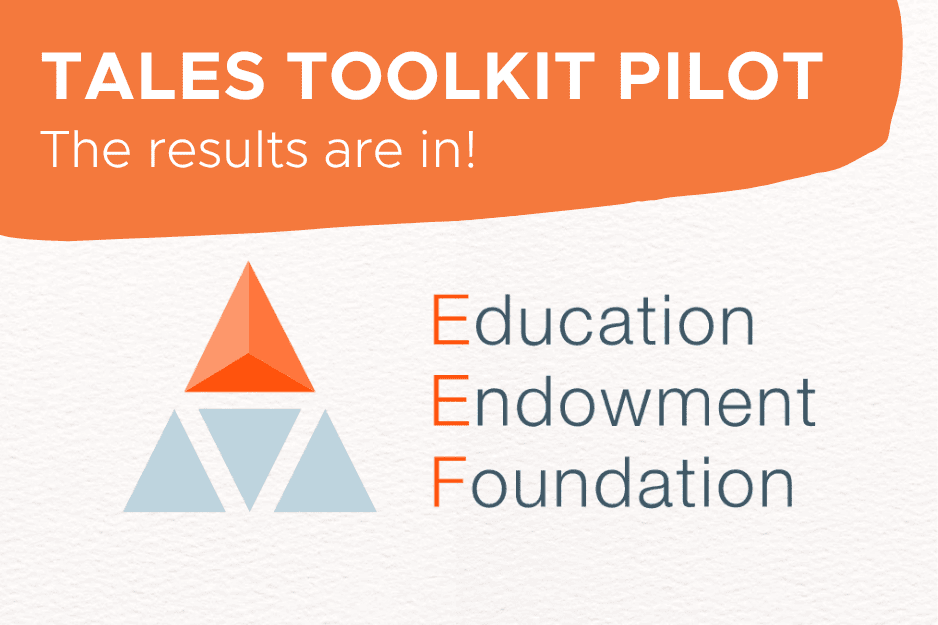




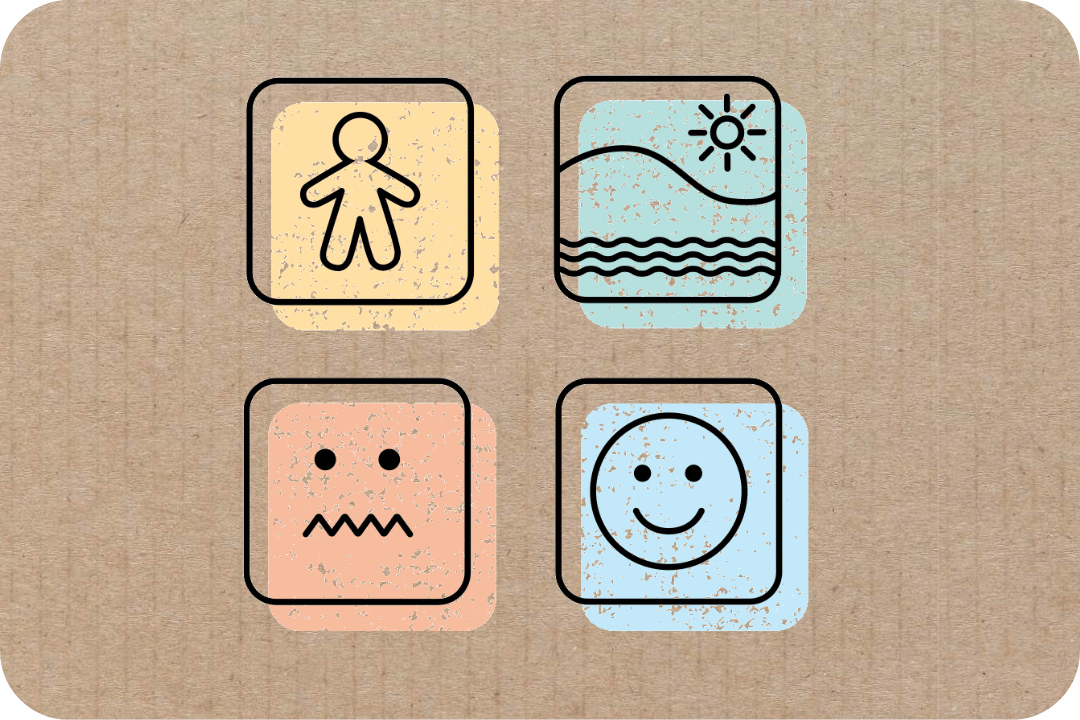



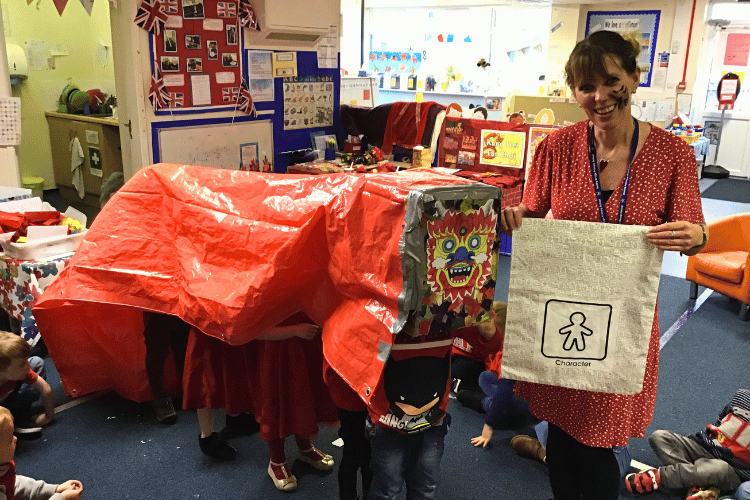

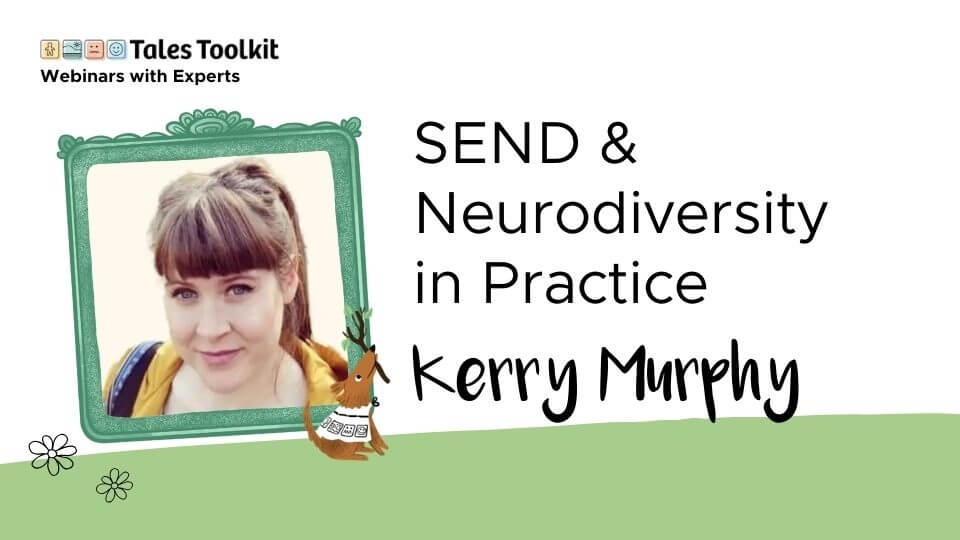
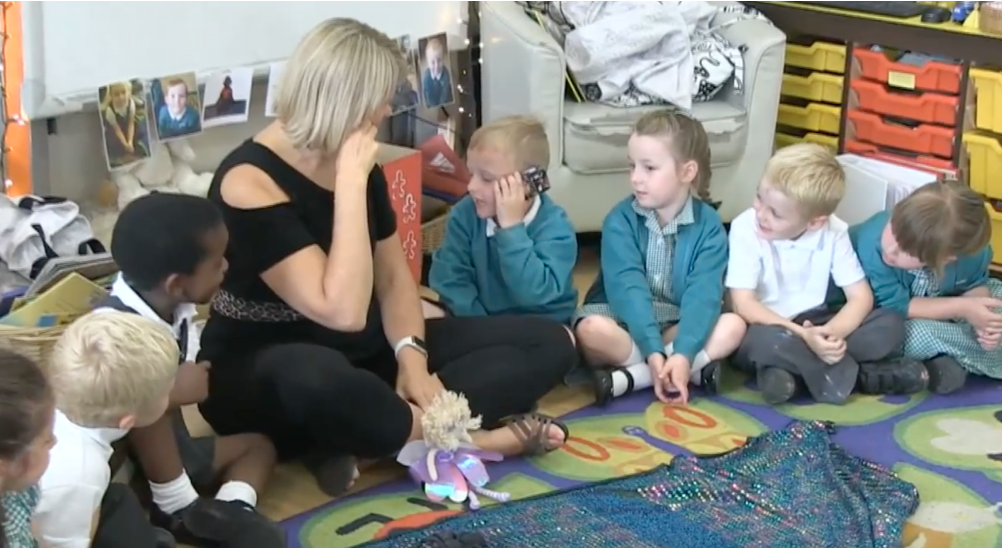
.png)
.jpg)












.jpg)
.jpg)
.jpg)

.jpg)







































